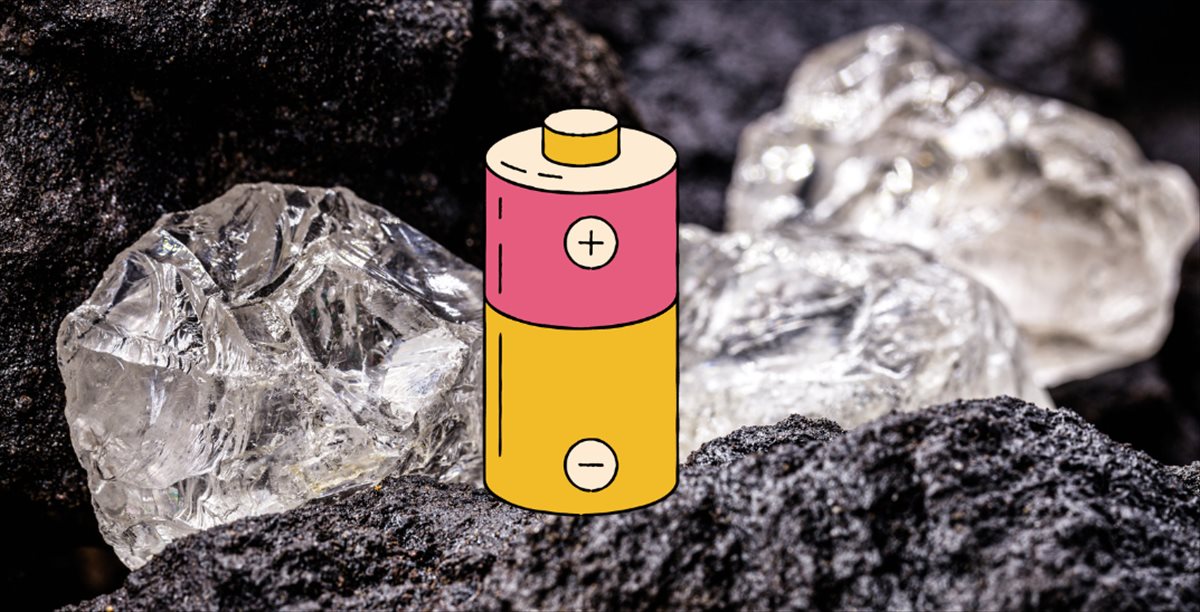Lithium batteries are still the majority in our day to day. With their pros and cons, they are still present in home devices, electric cars, and even in space and military technology.
Here I explain what they are and how they work.
What are lithium batteries?
A lithium battery is a type of rechargeable battery that uses lithium as its electrode material. They are known for their high energy density, which means that they can store a large amount of energy in a relatively small space. This makes them ideal for use on portable devices such as mobile phones and laptop computers. Also, lithium batteries have a long lifespan and can be recharged a large number of times before their performance begins to decline.
How does a battery work?
Before getting into the matter, let’s see how a battery works, but let’s see it explained with plasticine, so that it is understood at all times:
How do lithium batteries work?
They are composed of two electrodes, one of them lithium, and a liquid electrolyte that allows lithium ions to flow between the electrodes. When the battery is charged, lithium ions move from the negative electrode (the cathode) to the positive electrode (the anode). When the battery is discharged, the lithium ions move in the opposite direction, generating electricity.
What are the main problems of lithium batteries?
One of the main problems is their high reactivity, which can cause batteries to overheat and become damaged if they are not charged or discharged properly. They can also be dangerous if damaged or mishandled, as they can cause fires or explosions. Also, lithium batteries can lose their energy storage capacity over time, which can make them less efficient. For these reasons, it is important to use and maintain lithium batteries properly to avoid these problems.
What alternatives are there to lithium batteries?
There are several types of batteries that are used as an alternative to lithium batteries, such as nickel-cadmium (NiCd) and nickel-metal hydride (NiMH) batteries. These batteries have different features and benefits, but generally offer better energy storage capacity and longer life than traditional batteries. There are also other options such as Lithium Polymer (LiPo) batteries and Sealed Lead Acid (AGM) batteries, which are used in specific applications due to their unique properties.
What rules is the relationship between cost and benefit, although there are many advances in the sector that could offer cheaper and more effective alternatives in the near future.














